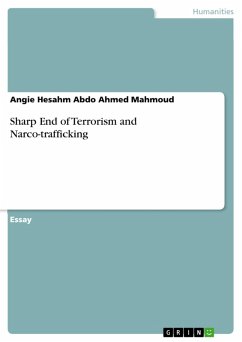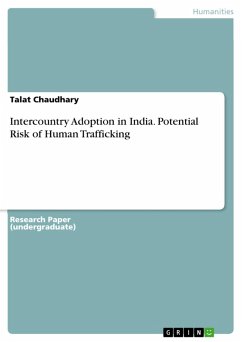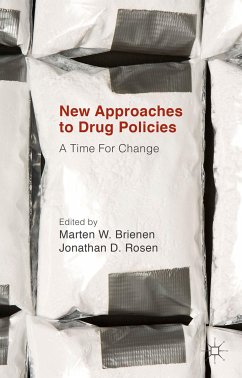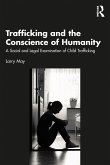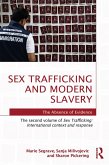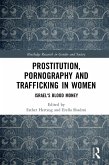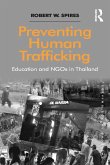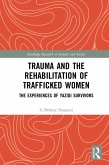Essay from the year 2020 in the subject Sociology - Law, Delinquency, Abnormal Behavior, grade: 75, University of Bradford, course: Terrorism and Political Violence, language: English, abstract: The relationship between narco-trafficking and terrorism remains a contentious issue. While some assert that narco-trafficking may be a strong predictor of terrorism, others contest this observation. In this research paper the focus lies on the impact of the Afghan opioid trade on terrorist violence in Central Asia, an area of drug transit states. This research paper and the findings lend support to the argument that narco-trafficking facilitates terrorism, although the substantive impact of the drug trade on terrorist activity is comparatively small. However, it suggests that the drug-terror relationship is multifaceted, complex, and in detail related to the state.The research paper also finds that the links between narco-trafficking and terrorist violence are quite varied, with some defined by direct intersections of violent and criminal non-state actors, while others shaped by deep involvement of the state in the drug trade . Violent non-state entities, including extremist organisations and resistance forces, try to collaborate with criminal networks in order to fund acts of aggression and procure materials for devastation and assassination. Such organisations are involved in the legal economy through real estate, corporations, and other institutions. The drug-terror thesis points out to the ideological shift between the two organisations but establishes that they mutually benefit from the sheer profit. This research paper supports the claim that drug trafficking induces terrorism, while the direct impact of drug trafficking on terrorist activity is comparatively limited and under-researched.
Dieser Download kann aus rechtlichen Gründen nur mit Rechnungsadresse in A, B, BG, CY, CZ, D, DK, EW, E, FIN, F, GR, HR, H, IRL, I, LT, L, LR, M, NL, PL, P, R, S, SLO, SK ausgeliefert werden.

